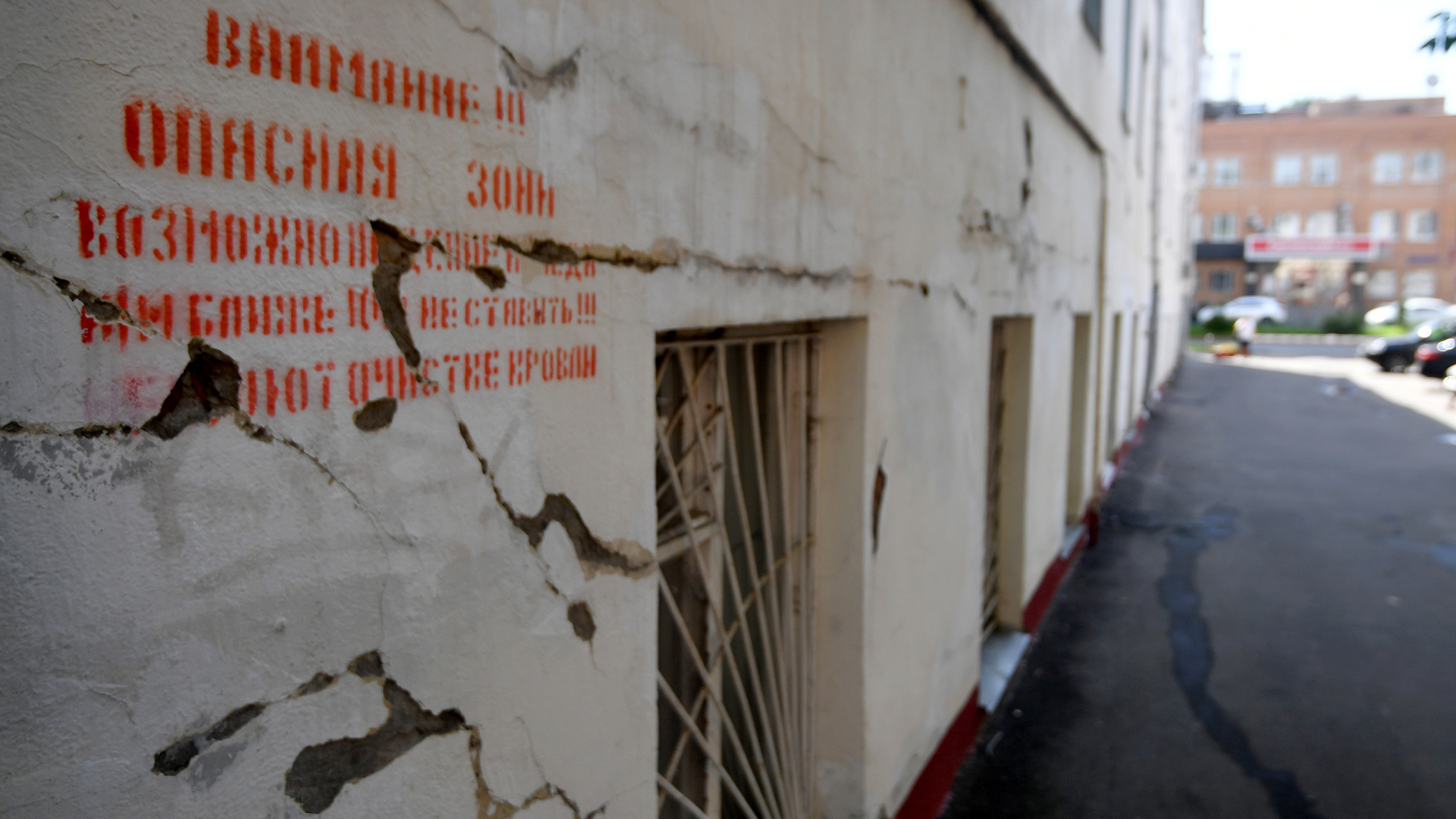The Russian government will allocate another 34 billion rubles for payments to families with children from three to seven years old. This was announced on Thursday, August 27, by Prime Minister Mikhail Mishustin at a cabinet meeting.
“This is about 5 thousand rubles per child. According to the presidential decree, from this year such payments are assigned to low-income families, ”the prime minister added.
Let us remind you that the granting of benefits began on June 1. At the same time, as previously noted in the Ministry of Labor, accruals are made from January 1, 2020. This means that a family that submitted an application on June 1, receives funds for the first five months of 2020, if the child is already three years old by January 1. If the child has reached this age in the period from January to June, then the funds are sent from the moment they reach three years before the payment is scheduled.
Earlier, 136.4 billion rubles have already been allocated for these purposes from the budgets of all levels. The funds can be received by families whose income does not exceed one living wage per person.
“This is an additional anti-crisis measure by the government. Now the living wage in Russia for the working-age population is 11.9 thousand rubles, for pensioners - 9.09 thousand, for children - 10.8 thousand. Material support in the amount of about 5 thousand rubles per child will support families, and in total receive payments will be able to 3.16 million people, "- said RT First Vice President of the all-Russian public organization for small and medium-sized businesses" Support of Russia "Pavel Sigal.
The funds received will partially compensate for the decrease in the income of Russians with children during the coronavirus pandemic. This point of view is shared by Georgy Ostapkovich, director of the Center for Market Research at the Institute for Statistical Studies and Economics of Knowledge, NRU HSE.
“Benefits to a certain extent should improve the level and quality of life of citizens. As a rule, the poverty rate is slightly higher in families with children, especially those under 15. In addition, in the second quarter, real disposable income of Russians fell by 8%, and the allocated funds can partially compensate for these losses. Thus, this is a useful maneuver, and in the future, the authorities will probably continue to allocate money for these purposes, ”explained Ostapkovich.
Moreover, the payment of benefits, along with other measures of financial support for Russians, will make it possible to support consumer demand in the country. This state of affairs could have a positive impact on the economy during the recovery from the consequences of COVID-19, experts say.
“Increased demand will boost the economy. People with this money will buy goods and services, and enterprises will produce them. Without the support of consumer demand, producers will be able to continue their activities only with the help of dumping - reducing the cost of goods and services at a loss, ”added Georgy Ostapkovich.
As Pavel Sigal noted, Russians also often use the funds received to pay off debts on loans or utility bills. At the same time, against the background of the start of the school year, low-income families will have additional money to buy children's clothing, school supplies and stationery, the expert added.
- © Mikhail Voskresensky / RIA Novosti
At a government meeting, Mikhail Mishustin announced the Cabinet's intention to allocate an additional 50 billion rubles for the resettlement of citizens from emergency housing. According to him, in accordance with the instructions of the president, the authorities plan to "solve the problem at an accelerated pace."
“This will allow in the next two years to resettle more than 1 million square meters. m (emergency - RT ) housing, which means that more people will be able to improve their living conditions, ”Mishustin emphasized.
In addition to expanding Russians' access to comfortable housing, the Cabinet's initiative should also accelerate the pace of construction in Russia. Alexander Abramov, head of the laboratory of the Institute of Applied Economic Research, RANEPA, told RT in a conversation with RT.
“After his trips around the country, the Prime Minister identified the problem of emergency housing as one of the most pressing issues that needs to be addressed as soon as possible. First of all, this is a social measure for those categories of the population who cannot independently provide themselves with new housing. Construction companies will also receive co-financing thanks to this initiative, ”Abramov concluded.

